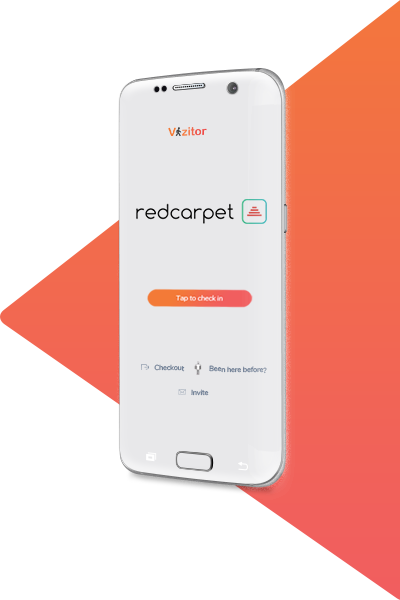Future Trends in Security Technology
Looking ahead, several trends are likely to shape the future of security technology:
1. Artificial Intelligence (AI) and Machine Learning:
AI and machine learning technologies are expected to play a significant role in security.
These technologies can analyze vast amounts of data to detect patterns and anomalies, providing advanced threat detection and response capabilities.
2. Biometric Authentication:
Biometric authentication methods, such as fingerprint scanning, facial recognition, and iris scanning, are becoming more common.
These methods offer a higher level of security compared to traditional passwords or access cards.
3. IoT Integration:
The Internet of Things (IoT) is expanding the range of connected devices used in security systems.
IoT-enabled devices, such as smart cameras and sensors, can provide real-time data and enhance the effectiveness of security measures.
4. Cloud-Based Solutions:
Cloud-based security solutions are gaining popularity due to their scalability and flexibility.
These solutions allow organizations to access and manage security systems from anywhere, making them ideal for global operations.
5. Cybersecurity Innovations:
As cyber threats become more sophisticated, ongoing innovations in cybersecurity will be crucial.
This includes advancements in threat detection, encryption, and incident response to stay ahead of potential attacks.
Frequently Asked Questions
1. What is an Android Visitor Management App?
An Android visitor app is a digital solution designed to manage and track visitors in an organization.
It typically runs on Android devices like tablets or smartphones and offers features such as visitor check-in, registration, real-time notifications, and digital badges.
2. How does an Android Visitor Management App improve security?
An Android Visitor Management App enhances security by providing a digital log of visitor information, which is more secure and reliable than traditional paper logs.
Features like real-time notifications, visitor badges, and integration with access control systems help ensure that only authorized individuals enter the premises.
3. Can I use an Android Visitor Management App with any Android device?
Yes, Android Visitor Management Apps are designed to be compatible with a wide range of Android devices.
This includes tablets and smartphones from various manufacturers, allowing you to choose a device that fits your organization's needs and budget.
4. Are Android Visitor Management Apps cost-effective?
Yes, Android Visitor Management Apps are generally cost-effective.
Android devices are often less expensive than iOS devices, and many visitor management apps for Android are available at lower prices or even for free.
This makes it a budget-friendly option for managing visitors.
5. How does an Android Visitor Management App handle data security?
Android Visitor Management Apps can offer robust data security features, such as encryption and secure storage, to protect visitor information.
Many apps are designed to comply with data protection regulations like GDPR, ensuring that sensitive data is handled securely.
6. Can Android Visitor Management Apps integrate with other security systems?
Yes, many Android Visitor Management Apps can integrate with other security systems, such as access control and surveillance cameras.
This integration provides a comprehensive security solution, allowing for real-time monitoring and control of visitor access.
7. What are the advantages of using an Android Visitor Management App over a traditional logbook?
Android Visitor Management Apps offer several advantages over traditional logbooks, including:
Digital Record Keeping:
Reduces the risk of tampering or loss.
Real-Time Notifications:
Alerts hosts and security personnel immediately.
Visitor Badges:
Enhances identification and security.
Data Analysis:
Provides insights into visitor trends and security.
8. Are there any limitations to using an Android Visitor Management App?
While Android Visitor Management Apps offer many benefits, there are some potential limitations:
Security Concerns:
Android devices may be more vulnerable to certain security threats, though this can be mitigated with proper security measures.
Device Management:
You need to ensure that devices are properly mounted and maintained.
App Compatibility:
Ensure that the app is compatible with your specific Android device model.
9. How easy is it to set up an Android Visitor Management App?
Setting up an Android guest sign in app is generally straightforward.
Most apps provide easy-to-follow installation and setup instructions.
Additionally, many apps offer customer support or tutorials to assist with the configuration process.
10. Can I customize the features of an Android Visitor Management App?
Yes, many Android Visitor Management Apps offer customizable features to meet your organization’s specific needs.
You can often tailor aspects such as the check-in process, visitor badges, and notification settings to align with your requirements.

